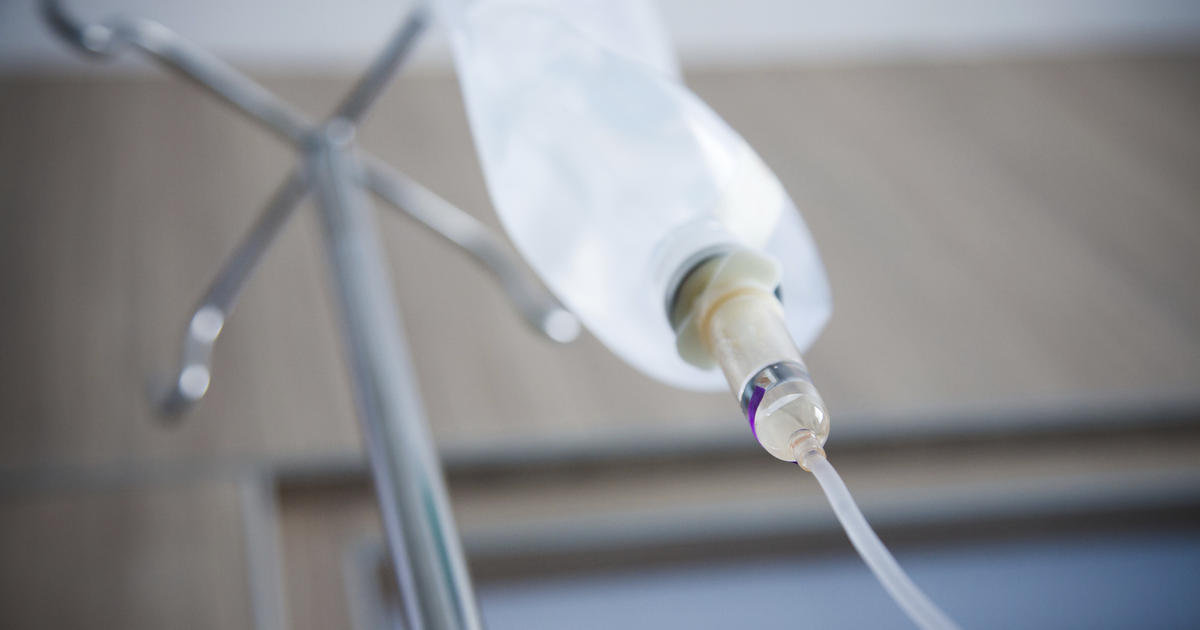Ways To Prevent And Treat Typhoid Fever
Drinking Fluids And Intravenous Fluids

Typhoid fever has the most considerable effect on an infected individual's digestive system, so drinking fluids and intravenous fluids play an important role in the treatment of the illness. After an individual consumes contaminated food or water, the bacteria begin to multiply in their stomach and small intestine. This causes pain, nausea, diarrhea, constipation, and other digestive symptoms that can cause the patient to become dehydrated easily. Dehydration can be prevented by drinking plenty of fluids as part of the patient's typhoid fever treatment regimen. In more severe cases, the individual may not be able to keep enough fluids down to stay hydrated with oral fluid consumption. These patients are usually hospitalized where they stand placed on supportive care to resolve their dehydration and help their body fight off typhoid fever. Supportive care includes giving the individual fluids and sometimes antibiotics directly into their bloodstream through an intravenous line. This method allows the patient to stay hydrated by bypassing the poorly functioning digestive tract to deliver fluids.